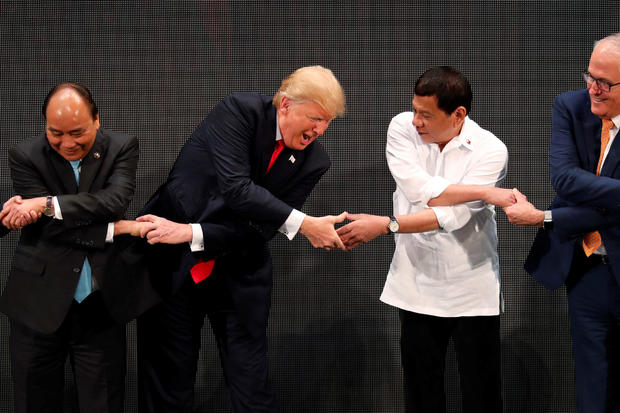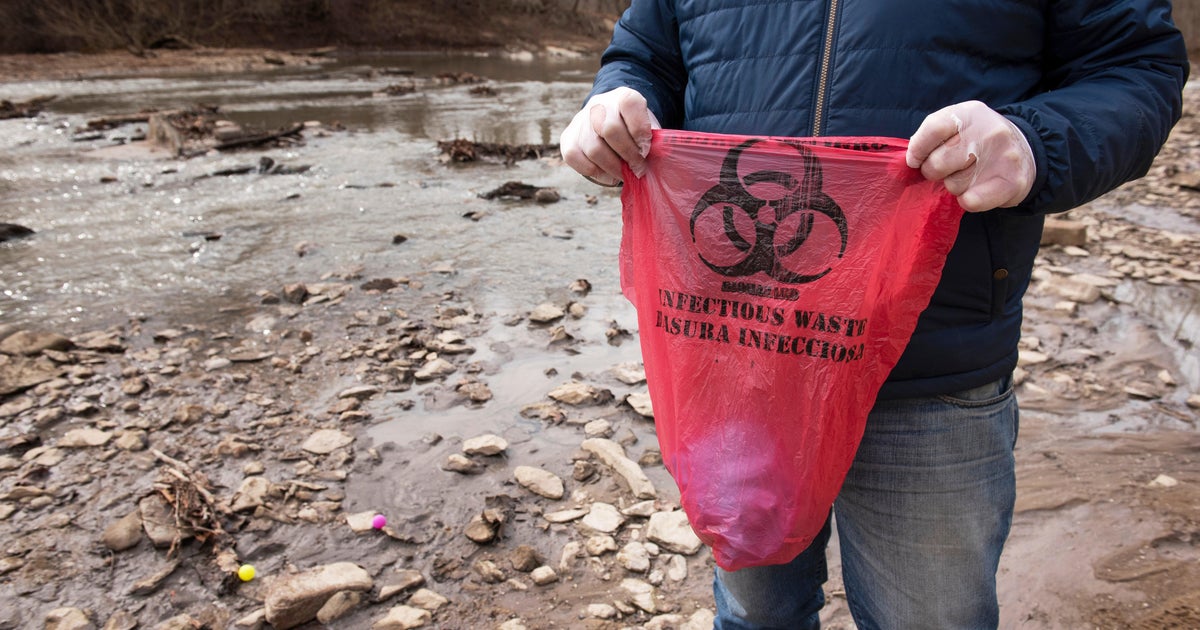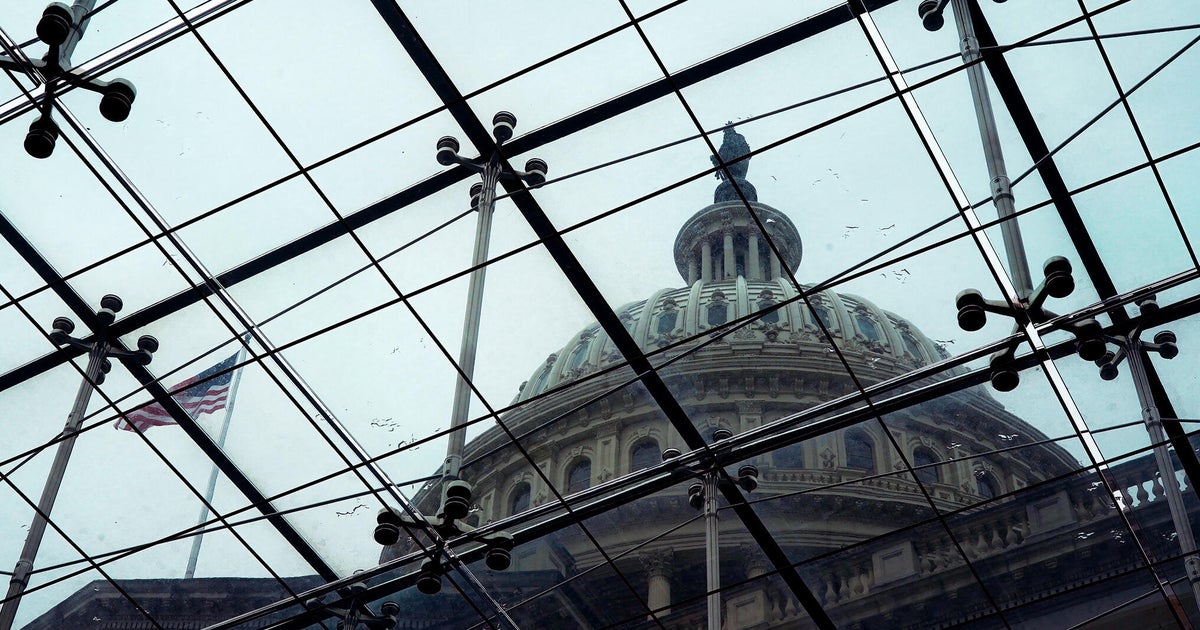Philippine president Duterte kicks off Asian summit, shakes hands with Trump
MANILA, Philippines -- President Trump is winding down his lengthy Asia trip with an international summit and a trio of meetings with Pacific Rim allies, including his host in the Philippines who is overseeing a bloody drug war.
Mr. Trump, in Manila, attended the opening ceremonies of the Association for Southeast Asian Nations (ASEAN) conference, which began with pageantry, including a group photo of the leaders and the summit's traditional handshake. That cross-body shake, during which each leader shakes the opposite hands of those next to him, briefly baffled Mr. Trump, who then laughed as he figured out where to place his arms.
One of the leaders on his flank: Philippine President Rodrigo Duterte, who has overseen a bloody drug war that has featured extrajudicial killings. The two men are also slated to hold longer, formal talks later Monday and White House aides signaled that Mr. Trump is not expected to publicly bring up human rights in their discussions.
Speaking ahead of the handshake, Duterte said the ASEAN meetings will "present an excellent opportunity for us to engage in meaningful discussion on matters of regional and international importance." He highlighted the recent battle against ISIS in Marawi.
"For example, terrorism and violent extremism endanger the peace, stability and security of our region because these threats know no boundaries," Duterte said. "Piracy and armed robbery and disease put a dent on our growth and disrupt the stability of both regional and global commerce," he said. "The menace of illegal gun trade continues to endanger the very fabric of our societies. These and other issues are high on the agenda of our meetings, along with the other nontraditional security issues that challenge the prosperity of our economies, integrity of institutions, and more importantly, the safety of our people."
Duterte sparred with former President Obama in the past, vowing to say "son of a bitch I will swear at you" ahead of a meeting at a summit last year.
Rights groups have long accused Duterte of involvement in death squads. He has denied the claims, even while engaging in tough talk in which he stated his approach to criminals was to "kill them all."
Mr. Trump will also meet with Prime Minister Narendra Modi of India, which plays a key role in the U.S. vision of an Indo-Pacific region that attempts to de-emphasize China's influence. And he will meet with Australian Prime Minister Malcom Turnbull, with whom he had a contentious phone call this spring.
Mr. Trump's discussions will largely center on trade and North Korea but he remains dogged by things he has said, and not said, about Russia.
He tried to have it both ways on the issue of Russian interference in last year's presidential race, saying he believes both the U.S. intelligence agencies when they say Russia meddled and Putin's sincerity in claiming that his country did not.
"I believe that he feels that he and Russia did not meddle in the election," Mr. Trump said Sunday in Hanoi, Vietnam.
"As to whether I believe it, I'm with our agencies," Mr. Trump said. "As currently led by fine people, I believe very much in our intelligence agencies."
But just a day earlier, he had lashed out at the former heads of the U.S. intelligence agencies, dismissing them as "political hacks" and claiming there were plenty of reasons to be suspicious of their findings that Russia meddled to help Mr. Trump defeat Democrat Hillary Clinton.
Former CIA director John Brennan, appearing Sunday on CNN's "State of the Union" with former national intelligence director James Clapper, said Trump was deriding them in an attempt to "delegitimize" the intelligence community's assessment.
"I think Mr. Putin is very clever in terms of playing to Mr. Trump's interest in being flattered. And also I think Mr. Trump is, for whatever reason, either intimidated by Mr. Putin, afraid of what he could do or what might come out as a result of these investigations," Brennan said.
Clapper called the threat from Russia "manifest and obvious."
"To try to paint it in any other way is, I think, astounding and, in fact, poses a peril to this country," he said on CNN.
Brennan said Mr. Trump's ambiguity on Russia's involvement was "very, very worrisome from a national security standpoint."
"I think he's giving Putin a pass and I think it demonstrates to Putin that Donald Trump can be played by foreign leaders who are going to appeal to his ego and play upon his insecurities," Brennan said.
Questions about whether Mr. Trump believes the assessment about Russian election-meddling have trailed him since January, when he said for the first time, shortly before taking office, that he accepted that Russia was behind the election-year hacking of Democrats that roiled the White House race.
A special counsel's examination of potential collusion between Moscow and Mr. Trump campaign aides so far has led to indictments against Mr. Trump's former campaign chairman and another top aide for crimes unrelated to the campaign, and a guilty plea from a Mr. Trump foreign policy adviser for lying to the FBI.
Multiple congressional committees are also investigating.
Mr. Trump told reporters traveling with him to Hanoi on Saturday that Putin had again vehemently denied the allegations. The two spoke during an economic conference in Danang, Vietnam. Trump danced around questions about whether he believed Putin but stressed Putin's denials.
"Every time he sees me, he says: 'I didn't do that.' And I believe - I really believe - that when he tells me that, he means it," Mr. Trump said, arguing that it makes no sense for him to belabor the issue when Russia could help the U.S. on North Korea, Syria and other issues.
Mr. Trump was originally slated to depart Manila for Washington on Monday. He added a day to the schedule amid criticism that he would have missed the final summit.




